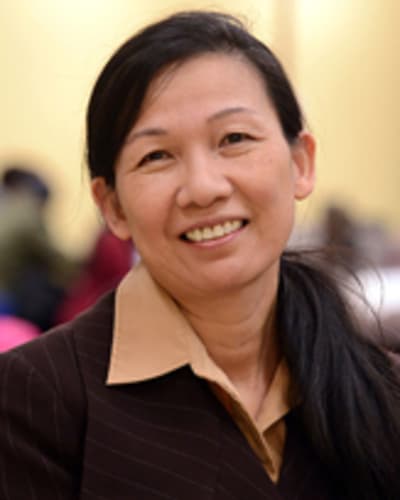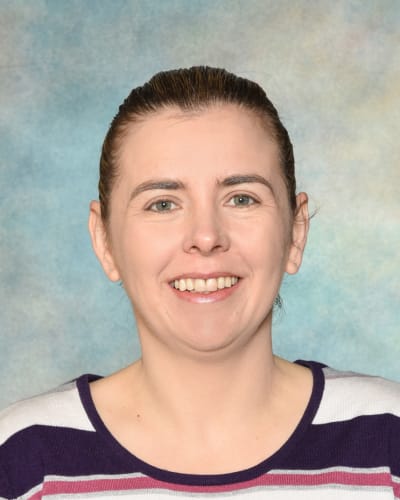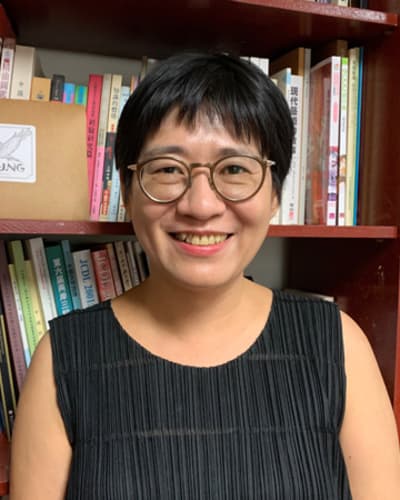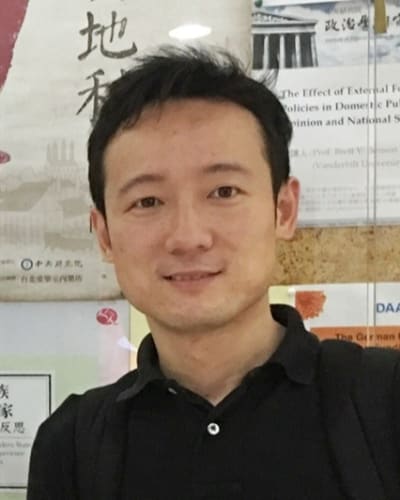Panel: Cultural and Linguistic Challenges of Metadata Creation
- Starts at
-
04 Oct 22 20:00 UTC - Finishes at
-
04 Oct 22 21:30 UTC - Venue
- Virtual Conference Room B
- Moderator
- Marcia Zeng
Moderator
-

Marcia Zeng
Kent State University (USA)
Marcia Lei Zeng is a Professor of Information Science at Kent State University (USA). Her primary research interests include knowledge organization systems, linked data, metadata, smart data and big data, semantic technologies, and digital humanities. She has authored over 100 research papers and six books. Her research projects have received funding from the NSF, IMLS, OCLC, Fulbright, and other organizations. She has chaired and served on committees, working groups, and executive boards including IFLA, SLA, ASIS&T, NISO, ISO, DCMI, ISKO, and W3C. Currently, she is serving as a member of the DCMI Governing Board and ISKO Board of Directors.
Presentations
Overview of the types of cultural domains that require the design of specific metadata schemas
Introduction of a set of generalized data models designed for metadata about resources in cultural domains such as intangible cultural heritage and popular culture.
-

Shigeo Sugimoto
University of Tsukuba
Shigeo Sugimoto is a professor emeritus at Univetrsity of Tsukuba.
He has been involved in DCMI since late 1990s. He is currently a member of the Governing Board of DCMI.
His interests include metadata models for cultural and historical entities such as intangible cultural heritage, media arts and natural and man-made disasters. He is invovelved in the Core Cultural Metadata Model interest group of DCMI.
The use of Aboriginal and Torres Strait Islander geographic, language and cultural identifiers to describe, discover and value collections in Australia
Since there are more than 250 language groups or individual clans in Australia that each use different words to describe themselves and their culture, creating metadata for the materials in Indigenous languages requires new Australian Indigenous language codes in making materials easier to discover and more valuable for researchers.
-

Catherine Barnes
University of South Australia
Catherine is a Course Coordinator and Lecturer in University of South Australia, STEM with specialisations in Metadata and Descriptive Cataloguing. She has qualifications and experiences in Information Management, Information Technology and Education, with a passion for metadata and learning. As a working practitioner, a curiosity for not just the how and why of describing things, but also the who has led to further exploration of the connection between description and digital inclusion. With a broad experience in regional Australia, as well as medical, technology, theological, and vocational organisations, an awareness of engaging with communities for representation is a key aspect of her practice and teaching.
Modelling (or Semantic Metadata) for Intangible Cultural Heritage: a study of the Pudu Rites of Hungry Ghosts Festival (中元普渡) in Taiwan
The case is taken from one of the online exhibitions, A Social and Cultural Survey of Rural Taiwan. The storytelling contains text, a timeline with sub-rites, and many photos to support every part of the rites. The presentation will focus on the modelling of the unstructured storytelling of online exhibition, exploring to what extent one can design a semantic metadata to support Intangible Cultural Heritage.
-

Sophy Shu-Jiun Chen
Academia Sinica
Sophy Shu-Jiun Chen is the Assistant Research Fellow at the Institute of History and Philology, Academia Sinica, and also the Executive Secretary of Academia Sinica Center for Digital Cultures(ASCDC). She received her M.A. degree in Information Studies from the University of Sheffield, UK in 1997, and Ph.D. degree in Library and Information Science from the National Taiwan University in 2012. Dr. Chen is also an Adjunct Assistant Professor of the Department and Graduate Institute of Library and Information Science, National Taiwan University. Her research interests include digital libraries, metadata, ontologies, Linked Data, knowledge organization, and digital humanities. She initiated the Research Project of Chinese-language AAT (Art & Architecture Thesaurus)( https://aat.teldap.tw/) with the Getty Research Institute, USA since 2008, and the Linked Open Data Lab in Academia Sinica (https://lodlab.ascdc.tw/).
The digital archiving challenges in promoting Qiang language’s visibility.
Qiang (羌) is an ancient ethnic group in western China, and the community was
dramatically damaged by the Wenchuan earthquake in 2008. As the Qiang only have oral language, challenges are presented in identifying unique cultural traits and organizing Qiang archives. This presentation will emphasize the designs for a language model and related data representation to descript archives for Qiang Culture.
-

Wei Fan
Sichuan University
Wei Fan is the Associate Professor at Sichuan University. He received his PhD degree in Library and Information Science from the Graduate School of Chinese Academy of Sciences. Fan is also director of Department of Information Management Technology, Sichuan University. His research interests are metadata, KOS and semantic web application. He focuses domain modelling and linked data application in culture heritage field. He has published more than 20 academic papers (mainly in Chinese), subject about LRM, Linked Data and Controlled Vocabularies. He is a member of the Information Organization Committee of China Library Association, a member of the Youth Committee of China Index Society, a member of the Youth Editorial Committee of Journal of Library and Information Service, a member of UDC Advisory Committee.

